Are your allied health professionals hitting their KPIs or are your service users making it hard to create a significant event audit so you can signpost them to creating a WRAP?
If all that sounds like gobbledygook, then join the club. Jargon and acronyms can be helpful within a setting where everybody understands them, but when writing for a non-expert audience, they can make your writing unreadable and boring. Here’s how to avoid that.
What is jargon and why does it matter?
 Jargon is words and phrases understood within a particular group or industry but which make no sense to anyone on the outside. It can often feel like a foreign language.
Jargon is words and phrases understood within a particular group or industry but which make no sense to anyone on the outside. It can often feel like a foreign language.
A good document should flow well with clear writing – if your readers have to stop regularly to understand what you mean, they will likely not bother to read to the end.
For example, in the NHS you might come across a term like ‘assistive adapted technology’. It may make perfect sense to you, but for someone new to the field it will cause them to pause and work out exactly what you mean. By using just a few words more, we can help people untangle and understand what we mean whilst keeping the flow of the document. So instead of:
Patients were briefed on the types of assistive adapted technology available to them.
We could write:
Patients were shown how they could use technology to help them perform tasks more easily.
Something else to keep in mind when writing is that English may not be your reader’s first language. Depending on what you are writing, you might lean towards using sayings or expressions to make your work more colourful.
Phrases such as “it’s raining cats and dogs” or “to go cold turkey” are understood by most native speakers, but many people won’t understand what all these animals have to do with anything!
How to know when you’re using jargon
Jargon in writing can be hard to identify when you are immersed in a world that uses it every day. It’s a handy shorthand way to communicate with your peers. As it is such an everyday occurrence, it can be hard to spot when writing for an audience that won’t understand it. So, how do you identify jargon in your writing?
If you’re writing on a technical subject for a non-technical audience, the easiest way to check for jargon is to give it to a colleague who works in a different sector. If they can’t understand some words or phrases, see if you can make them clearer using plain English.
Tools to help remove jargon from your writing
There are also some handy jargon-spotting tools available online which can help clean up your writing. Here are our favourites:
Hemingway editor: Whilst it doesn’t specifically point out jargon in your writing, this clever little tool does tell you how hard it is to read your work. Hemingway tells you how ‘readable’ your writing is. Is it something a child could understand? A teen? An academic? It also highlights sentences that are difficult to read – often these will include jargon words. Take a look at the Hemingway editor here.
Readable: Similar to Hemingway, Readable gives you an idea of how easy your text is to understand. This tool is helpful for when writing with general audiences in mind because it will highlight complicated words for you to consider using simpler ways of writing. Find out more about Readable here.
Up-Goer: If you’re trying to take a complicated idea and distil it down to simple, easy to understand English, then try running your text through Up-Goer. It works by only letting you use, in its own words, the ‘ten hundred most used words in the language’. It’s not easy to do! However, it can highlight those words that you may think are commonly used but which are actually unknown to many people. As ever with these tools, don’t just take their word for it and make sure the sentence still makes sense after every change. Take a look at Up-Goer here.
Swap when you can
To avoid jargon, try using simpler language. Although this can often mean using more words, that isn’t always a bad thing. So instead of saying ‘ascertain’, try ‘find out’. Instead of ‘endeavouring’, why not use ‘trying’? Simpler words can lead to a document that is easier to read and understand by more people.
We’ve put together a handy resource on swapping out words, which you can download from our website. We’re sure it will facilitate…sorry, help your writing!
Your writing gets better!
Once you’ve written your piece, make sure you give the language a proofread. Jargon in writing can be easy to remove, and by doing so you can open up your work to a great many more people.
Have you found this useful? Why not sign up to our newsletter for more guidance, hints and tips and communications insights? Join our newsletter today.
